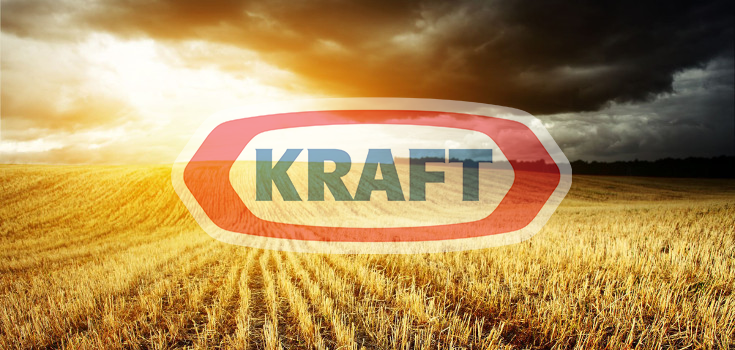Commission: Kraft Reaped $5.4 Million in Illegal Profits Amid Falling Sales

Kraft Foods and snack food giant Mondelez Global have been accused of manipulating the price of wheat futures in 2011 to reap $5.4 million in unlawful profits by the Commodity Futures Trading Commission.
Perhaps the making of noxious foods that cause disease in children, as well as in the general public, just isn’t so profitable anymore.
Food products from Kraft are filled with toxic preservatives like sodium benzoate, aspartame, and more. Further, they are filled with questionable genetically modified ingredients which have not been proven to be safe. Shockingly, many of these toxic ingredients have been removed from products sold in the UK, but not the US.
Kraft also uses gluten – a wheat byproduct – in many products. Gluten has caused allergies in many hundreds of thousands of people, and also causes an imbalance in our gut flora – which is said to account for much of our immunity.
But if that isn’t enough to make you feel sick to your stomach, a federal complaint has been filed against Mondelez Global (Mondelez now manages Kraft’s snack food arm, including brands such as Oreos, Triscuits, Wheat Thins, and Chips Ahoy) for tampering with commodities markets and making illegal gains on wheat futures.
Allegedly, they engaged in a series of noncompetitive commodity trades between 2009 and January 2014 by participating on both sides of an exchange-for-physical Chicago Board of Trade wheat contract, holding wheat futures “in excess of speculative position limits established by the Commission.”
According to the complaint filed, Kraft consumes approximately 30 million wheat bushels annually, and in 2011, the price of wheat futures increased substantially from $6.57 to $7.97. Kraft is still trying to explain to the Commission why they purchased $90 million worth of futures in 2011 in order to depress the price of wheat in the cash market and inflate future prices.
We, along with the Commission, are wondering how they could even store such an enormous amount of wheat. What is more likely is Kraft’s brands parent company made a killing by purchasing wheat at a cheaper price in the cash market and then reselling it at an inflated price later. This earned executives a cool $5.4 million, albeit, illegally.
If the complaint is seen as valid, Kraft faces a penalty of three times’ their monetary gain and an injunction against betting in futures market.

Corporate theft on a grand scale is very common in these megalithic companies. Heinz, owned by Buffett’s Berkshire Hathaway and Brazilian private equity firm 3G Capital, is now buying Kraft, so Kraft will be part of an even bigger monopoly. No one from these companies ever goes to prison… they just get off with a fine! I guess when you have that kind of power you are “too big to jail”.